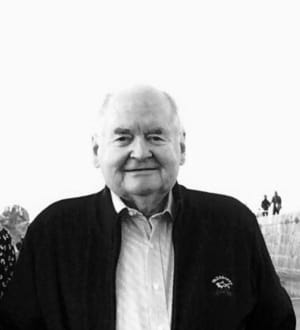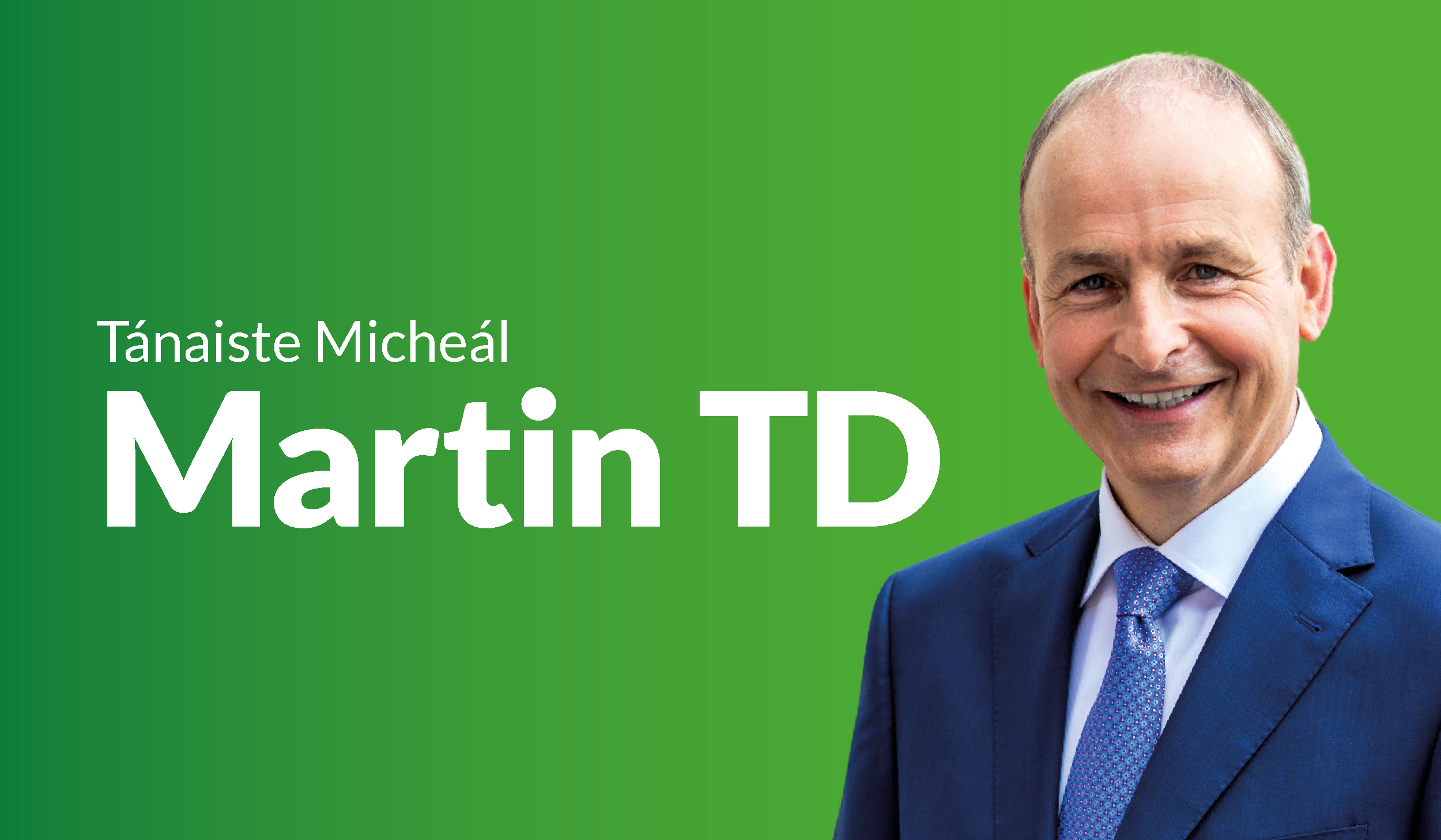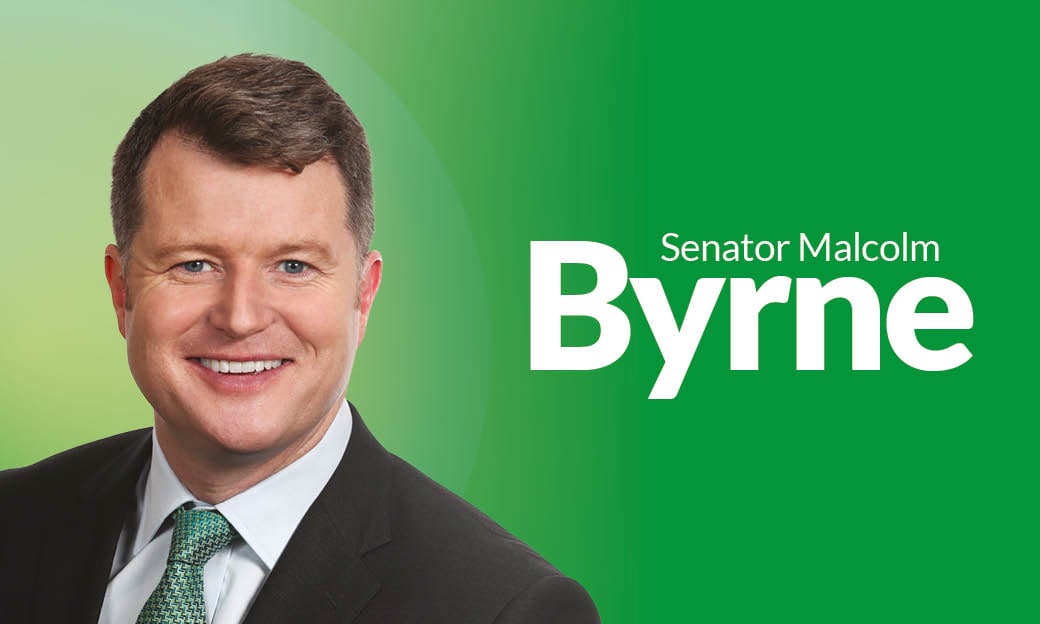Speech by An Tánaiste Micheál Martin at the Fianna Fáil Theobald Wolfe Tone Commemoration, Bodenstown
Published on: 16 October 2023
From soon after our party was founded 97 years ago we have gathered here each day to remember one of the most important and most inspiring figures in the history of our country.
The men and women of Fianna Fáil who first came here did so because Theobald Wolfe Tone spoke to the very core of why a new party was needed. They were determined to show that Irish republicanism was not about a single, fixed approach to national objectives. They came here in the name of a republicanism which seeks to unite people and to evolve to meet the new realities of all who share this island.
They understood that Tone is not just a figure to be honoured, but a figure we must learn from. A figure who has always challenged those who fail to respect the diversity of the Irish people.
From when he was still a young man, Tone sought to understand and to speak out in the interests of others. Born into privilege and a class which offered him a secure and comfortable life, he rejected the politics of group identity and promoted the idea of a shared identity.
That is why his first major public role was when he worked for Catholic emancipation. He was the cause’s most effective writer and he was chosen to serve as secretary of the Catholic Committee.
The entrenched sectarianism which blocked emancipation convinced him that building connections, understanding and shared interests across sectarian barriers was essential. And for him republicanism was the only basis on which this could be achieved.
Tone and his colleagues in the Society of United Irishmen were proud of Ireland’s history and culture, but they were defined by their internationalism – and especially their belief that Ireland was a European nation.
Tones papers and writings show that he closely followed the revolutions in America and France, but even more importantly he followed broader events in smaller European nations. He was, for example, inspired by the progressive idealism which underpinned the failed 1794 Polish uprising. This had seen a forging of common interests between different levels of society and a shared acceptance that a restored Polish state must respect the rights of all of its citizens.
He looked at the leader of that uprising and said “I know my fate”, but he was as determined as ever to take action.
For many years after his death this was a lonely place. Increasingly overgrown and forgotten. It was only when Thomas Davis came here in 1843 that he again became a widely remembered national figure.
Davis was, like Tone, someone for whom nationalism should never be a narrow and exclusive thing. The son of a Welsh army surgeon, it was Tone’s message of a progressive republicanism which inspired him. His poem and song ‘Tone’s Grave’ was a call to Irish men and women to remember a figure who cold inspire and define progress.
Ceann de na gnéithe ba thábhachtaí den traidisiún Poblachtánach a chruthaigh Tone, ná gur léirigh sé an cumas ar leith fás agus freagairt do riachtanais na bpobal éagsúil sa tír. Ní raibh sé ina chainteoir líofa Gaeilge ach bhí tuiscint lárnach aige go raibh féiniúlacht Éireannach ar leith a roinn grúpaí éagsúla - agus go raibh ar phoblachtachas na grúpaí go léir a ghlacadh chucu féin.
Ba léir go raibh athbheochan ár dteanga agus ár gcaitheamh aimsire a thosaigh thart ar ochtó bliain i diaidh bháis Tone spreagtha agus múnlaithe ar an tuairim agus ar an smaoineamh go raibh cur chuige agus dearcadh Éireannach i leith an tsaoil i gcoitinne luachmhar agus gurbh fhiú é sin a chosaint.
Ní de thaisme a tharla sé gur Phrotastúnaigh ar nós Tone féin, ab ea formhór de na fir agus de na mná a bhí chun tosaigh ag scríobh teanga agus scéalta na tíre seo.
Perhaps the most remarkable thing about Tone’s legacy is that his core message of an Irish republicanism which seeks progress and seeks to unite different traditions is as relevant as ever.
It inspired most of the great leaders of our revolutionary period. Erskine Childers, who was one of the most important republican thinkers of his day and whose centenary we marked last year, wrote about this at length. As early as 1912 he talked of the need for nationalism to recognise the central role of Protestants in promoting Ireland’s cause.
His words were a rebuke to those who believe in a nationalism and republicanism which celebrates one community rather than the different elements which make up a shared Irish identity.
And he rejected the idea that to be an Irish republican you had to believe in unchanging tactics or that you much be loyal to your own no matter what they do.
This is also reflected in the demand of the Proclamation of Easter 1916 that no person who claims to serve the republic should dishonour it.
Inspired by Tone and his times, our greatest revolutionary generation were European, believed in human rights and challenged us all to overcome historical divides.
And as time moved forward, the overwhelming majority of the men and women who achieved historic progress for our country, committed themselves to constitutional republicanism. It is not us who are drawing a distinction between recent campaigns of violence and the heroes of our revolution – those very heroes drew the distinction themselves when they lived. And no amount of partisan aggression will change this fact.
It is a sad fact of modern Irish society that there are those who are aggressively promoting a new revisionism. A new revisionism which tries to claim legitimacy for campaigns rejected repeatedly and overwhelmingly by the Irish people. A new revisionism which aggressively attacks any strand of opinion which disagrees with their sectarian narrative.
As a country we are incredibly fortunate that the core idea which build our modern nationalism was a positive, outward-looking and European republicanism.
Just as Tone and his generation appealed to a shared European sense of values, the same ideas are core to our revolution.
Central to nearly all progress achieved by our country in the last century has been our steady embrace of strong international cooperation – and particularly our positive membership of the now European Union. In fact, in many ways we only really began to exercise our sovereignty when we joined the shared mission of building a strong European community of nations.
We have always had a strong sense of international solidarity – something we have loudly spoken up for first in the League of Nations and since then in the United Nations. But we have been at our strongest when we have been committed to building deep connections and shared values with other European nations.
This is not something we can take for granted because for the first time for ninety years a radical change in our approach is being advocated not just by a leading opposition party but also by others.
They are fully entitled to hold to an approach to our international relations which has opposed our membership of the European Union, which has opposed all international trade agreements and which believes we should give a priority to relations with other countries. What they’re not entitled to do is to pretend that this is not what they believe.
We see this every day in the European Parliament, where Ireland has proportionately one of the most anti-EU delegations from any country. They are loud in attacking the Union, attacking what they see as the evil West and opposing stronger shared action within the Union.
Some, though not all, of our country’s anti-EU MEPs have at least stepped back from their previous siding with the Putin regime in its demand for influence over former soviet countries.
The overwhelming support of the Irish people for Ukraine in its fight against the neo-imperialism of Russia has been a vital statement of our values and our belief in the need for European nations to stand together to protect these values.
We will not waver in this because we owe a deep debt of solidarity to another European nation, long oppressed by a powerful neighbour which is seeking to build a society based on the ideals of democracy, cooperation and the rule of law.
The people of Ireland have seen the events in the Middle East over the past week and shared the reaction of most people in the world – shock and sadness.
It is a terrible development that there are so many people today who look at an atrocity and first check who’s behind it before they justify it. We saw this here for thirty years where there was no end to the horrors which some people would cheer if they thought it was carried out by their own.
The savage acts committed by Hamas cannot be cheered or justified by anyone. There was no targeting of a military enemy. They knew that they were indiscriminately killing civilians. They knew what they were doing when they decided to murder and kidnap young children.
If you cannot condemn this without a lengthy delay and without adding in weasel words about equivalence, all it does is prove that you do not actually believe in basic values. You will relativise anything and put your group interests ahead of everything.
As a party, and as part of a multi-party government, I am proud that we have been consistent in speaking up for humanitarian values, for international law, against terrorism and against the medieval sectarianism at the core of Hamas’ behaviour.
It is a genuinely sad fact that there are so many in our politics who simply cannot bring themselves to acknowledge that not everything done in the name of a cause can be justified.
This is why we have been resolute from the beginning in calling on Israel to respect essential humanitarian principles. And we are equally resolute that it is the duty of the international community to do what it can to protect the innocent.
Hamas clearly has no interest in the welfare of the people of Gaza. If they did they would not have taken action which they knew would bring overwhelming retaliation. Their supporters here should take the time to remember this.
Once again, I call on the government of Israel allow basic humanitarian aid and protection to the civilian population of Gaza.
When this war is over, and it will hopefully be over as soon as possible, it will again be necessary to find a way to coexistence and tolerance.
This year we marked the 25th anniversary of the Good Friday Agreement. The Agreement helped end an illegitimate campaign of violence which had brought misery to the Irish people and gave us an opportunity to chart a new way forward.
We’ve missed many opportunities in the past 25 years, often because of how powerful interests remain wedded to promoting their parties over the welfare of all of the people. However the victory of peace, of democratic values, has been profoundly positive.
It has given people not just the absence violence but a new hope.
Yet the great task we have faced since the days of Tone remains – the task of overcoming entrenched sectarianism and suspicions between traditions who share this island.
The Shared Island initiative, which I launched three years ago, is key to building the common ground on which meaningful connections can be built across differing communities and political traditions on the island.
This involves a radical new programme of investment both in projects which physically link communities and research which can build our understanding of each other.
This includes long-neglected initiatives to enhance cross-border connectivity, such as the construction of the Narrow Water Bridge, the restoration of the Ulster Canal, the all-island Strategic Rail Review, and support for Local Authorities to develop collaborative North South investment projects.
And more than €50 million has gone into a whole host of research programmes - across the island.
I recently launched the second round of the Shared Island Civic Society Fund. The Fund aims to encourage and support civic society and community organisations to develop new cross-border links, to further strengthen existing partnerships, or to create or broaden cross-border connectivity.
This, and the full programme of work under the Initiative, is about doing the hard work of building connections, understanding and reconciliation.
It’s the exactly the work which we must do if we are to be true to the anti-sectarian spirit of Tone.
Windsor Framework
And we need to continue to work to strengthen our relations with our nearest neighbour both in addressing the needs of Northern Ireland and in recognising our shared interests.
In February, the EU and the UK reached agreement on the Windsor Framework. Both sides stretched to get there, making tough accommodations and concessions, and it represents a significant turning point in the post-Brexit relationship.
The Framework comprehensively addresses legitimate concerns raised by people and business in Northern Ireland about the post-Brexit arrangements.It reaffirms Northern Ireland’s place in the UK’s internal market, while simultaneously giving access to the EU Single Market for goods. It does this while also protecting the all-island economy in respect of goods and cross-border goods trade. This access to both markets gives Northern Ireland a way of charting a road to sustained economic and social development.
It remains critical that the Windsor Framework is implemented fully and in good faith. And it is important to acknowledge too, that the UK has, to date, followed through on its commitments.
The UK Government has been active in putting in place the necessary safeguards to protect the Single Market as agreed, as well as working with business in Northern Ireland to ready them for the new trading arrangements. As a result, the first set of facilitations under the Framework came into effect on 1 October.
We need to push forward. To implement all elements of the Agreement – but also to work to secure the return of the democratic institutions of Northern Ireland
No one benefits from stalemate. No one benefits from entrenched positions.
Each tradition has core protections for their identity and unbreakable guarantees about how the constitutional future will be determined.
It’s time to break the cycle of political division and to respect the one unchanging wish of all groups who share this island – which is to build a future where we overcome sectarianism and work together to achieve sustained economic and social progress.
Commemorations such as this must never be allowed to be about going through the motions. We must never forget the challenges posed to us by generations of past Irish men and women. The challenge to respect our history by building on it. To honour their work by going further, by recognising their achievements and seeking to build our own.
For his message of common values and interests – and for his spirit of idealism and reaching across parries – Theobald Wolfe Town remains as he was in his own day, a visionary and a hero for all.
ENDS



